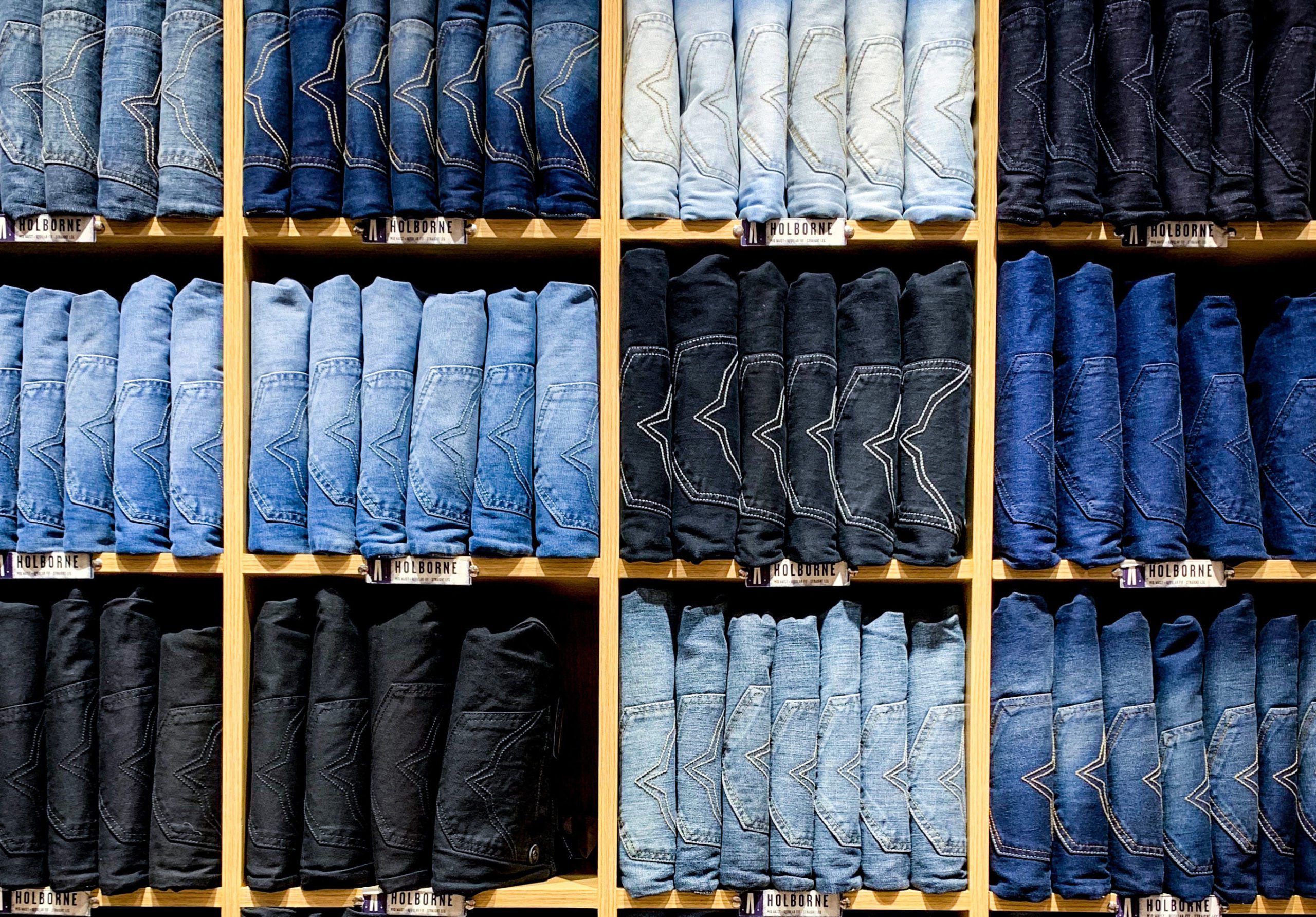Companies Making History in Hiring Practices: Lessons from Net Impact

By Anne Kramer, CRB Student Advisory Board & MBA ’18 Candidate
In the fall of 2015, I walked into Seattle’s Net Impact conference as a healthcare consultant, eager to explore a new and exciting career path in corporate responsibility. At the conference, I heard tactical advice from seasoned professionals on how to “make the business case” for sustainability within a large organization, workshopped ideas on how Starbucks can reduce its paper cup footprint, and listened with bated breath as Chelsea Clinton delivered the keynote address. I left inspired, enlightened and intrigued. Most importantly, I left with a heightened understanding of companies, roles and trends in a field that no longer felt so foreign. Before the conference I felt like an outsider, and after I not only felt hopeful that this was a field I could break into, but I also started to see the beginnings of my path into corporate responsibility.
This year, as an MBA student, I learned that the Net Impact Conference caters to all types. In Philadelphia at the 2016 Net Impact Conference, my fellow classmates and I each found our own satisfaction. One, seeking to start her own social-impact business, attended workshops relevant to entrepreneurs and her field of financial inclusion. Another, hoping to merge his tech background with social aspirations, attended sessions on how to apply virtual reality for impact. As a student seeking a career in corporate sustainability, I networked with professionals, other MBAs and companies seeking summer interns. More than 100 companies came out to recruit, including Campbell’s, HP Enterprise, and the National Park Service. Even though I was among 2,400 students and professionals, I was able to connect one-on-one with a long-time idol, Jim Hanna (Director of Sustainability at Microsoft) and network with a recruiter from Unilever – my top target company – for over an hour.
This year Unilever was the clear favorite, and their booth at the Expo buzzed all day. Already a leader in its sustainability initiatives, Unilever impressed me even more for its new interview and hiring processes that they redesigned in order to eliminate bias and increase candidate diversity. Like many other large companies, Unilever traditionally recruited both undergraduate and graduate hires from a set of core schools. The meaning of “core schools” differs by company: some just guarantee a set number of interview spots, while others recruit exclusively at these schools. In either case, overall candidate diversity is limited to the pool of candidates they’re able to draw from these schools. This year, Unilever eliminated its core undergraduate schools, and is working to do the same with its graduate core schools. According to the recruiter I spoke with, Unilever is doubling down on broadening the diversity of its candidates. Not only is it eliminating core schools, but Unilever also plans to attend more conferences and hold pitch competitions with internships as the prize.
Perhaps even more impressive is Unilever’s complete revamp of their interview process. Graduate and undergraduate internships are decided by a full-day immersive interview organized around a real case study, known as Discovery Center. According to the recruiter, this process involves real problems and challenges confronting the business today, and is led by the managers who the interns would report to. The full day consists of one-on-one and group meetings with managers and teammates that aim to assess candidates’ abilities to perform on a team. Though Unilever has received more press for the gamified aspect of the pre-interview, I find the case-based interview far more innovative. As I learned in my Leading People class during my first semester at Haas, structured and scenario based interviews are by far the best predictor of future performance. Most importantly, this process is resume-blind; this gives high-performing candidates without brand name opportunities to their name the chance to demonstrate their skills.
In summary, by 1) eliminating recruiting from “core schools,” 2) re-vamping their interview process to be resume blind and driven by real business situations, and 3) attending more conferences, Unilever is taking an enormous step to broadening its candidate pipeline.
As a future business leader, I find Unilever’s changes inspiring, and I hope other companies follow suit. Without going to the conference, I would have never learned about how Unilever is leading the way in inclusive and bias-free hiring. This year’s Net Impact Conference reinforced how important it is to constantly expose yourself to new ideas, people and companies.


